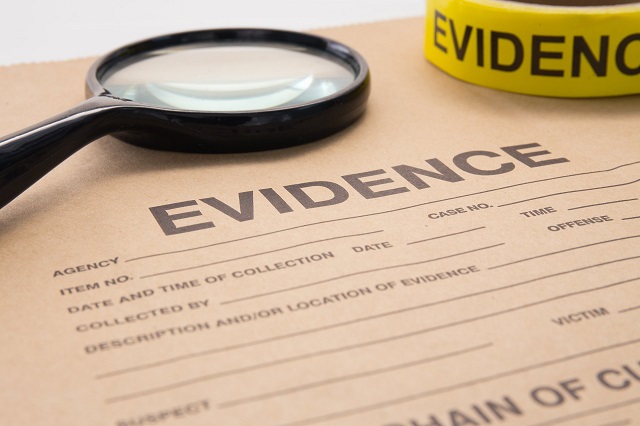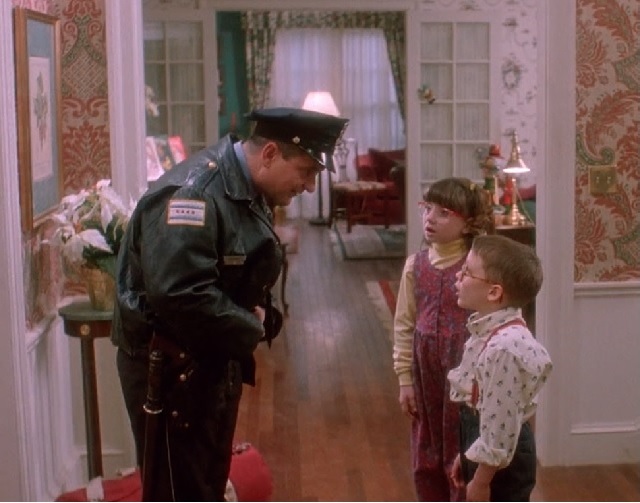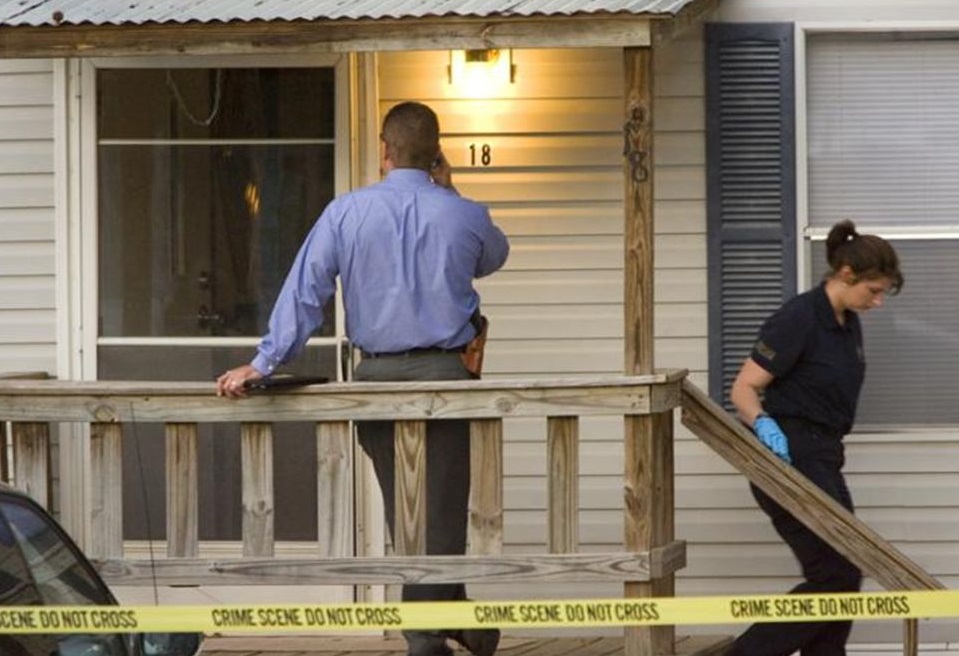Toll v. Wilson (Nev. Supreme Ct. – Dec. 5, 2019)
Almost fifty years ago, the Nevada Legislature passed the news shield statute, NRS 49.275. The current version of the statute protects journalists who are associated with newspapers, periodicals, press associations, and radio and television programs from mandatory disclosure of confidential sources. Since the passage of the statute, the news media has undergone immense changes. Previously, most news outlets disseminated news via physically printed newspapers and magazines or by radio and television broadcasts. Now, in addition to these sources, independent bloggers disseminate news through personal websites. At issue is whether digital media falls within the protections of Nevada’s news shield statute.
Toll runs an online blog that reports on current events in Virginia City, Nevada. Initially, this blog, thestoreyteller.online (The Storey Teller), focused on the then-pending recall election of Sheriff Gerald Antinoro. Toll expressed a counter-narrative to local news sources, which he felt were publishing stories that were critical of Antinoro. After the recall election, Toll continued publishing The Storey Teller. In addition to other current events, Toll took an interest in Storey County Commissioner Lance Gilman. Toll wrote several articles that were critical of Gilman and posted them on The Storey Teller. Specifically, Toll wrote and posted articles that alleged Gilman did not live in Storey County. In response to these articles, Gilman filed suit, alleging defamation per se against Toll.




